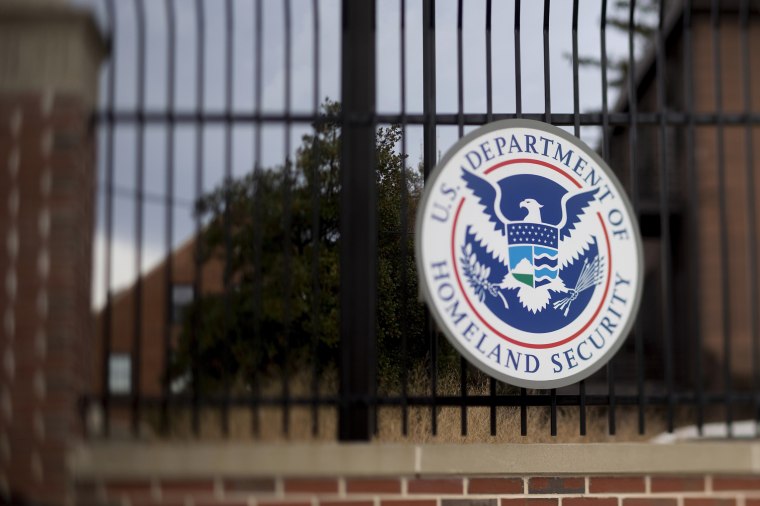WASHINGTON — The Supreme Court agreed Friday to take up an effort by Republican officials to revive a Trump administration effort that denied green cards to immigrants considered likely to become overly dependent on government benefits.
The Department of Homeland Security announced in 2019 that it would expand the definition of "public charge," to be applied to people whose request to become lawful permanent residents could be denied because of a concern they would primarily depend on the government for their income.
In the past, the designation was largely based on an assessment that an immigrant would be dependent upon cash benefits. But the Trump administration broadened the definition to include non-cash benefits such as Medicaid, supplemental nutrition and federal housing assistance.
Anyone who would be likely to require that broader range of help for more than 12 months in any three-year period was swept into the expanded definition.
In response to a series of lawsuits, lower courts were divided on whether the revised rule violated federal law. But its enforcement was eventually blocked, so the Trump administration appealed. Then the Biden administration decided it would no longer defend the law.
A group of 13 Republican state attorneys general urged the Supreme Court to consider whether they could take over defense of the law. They said the rule could save all states about $1 billion a year.
The federal government has long had authority to deny lawful permanent residence to immigrants who were likely to become public charges, but the term has never been formally defined. The Trump policy proposed to fill that void, adding non-cash benefits and other factors like age, financial resources, employment history, education and health.
It said the expansion would reinforce "the ideals of self-sufficiency and personal responsibility, ensuring that immigrants are able to support themselves and become successful here in America."
The Supreme Court will likely hear the case in the spring with a decision by June.
